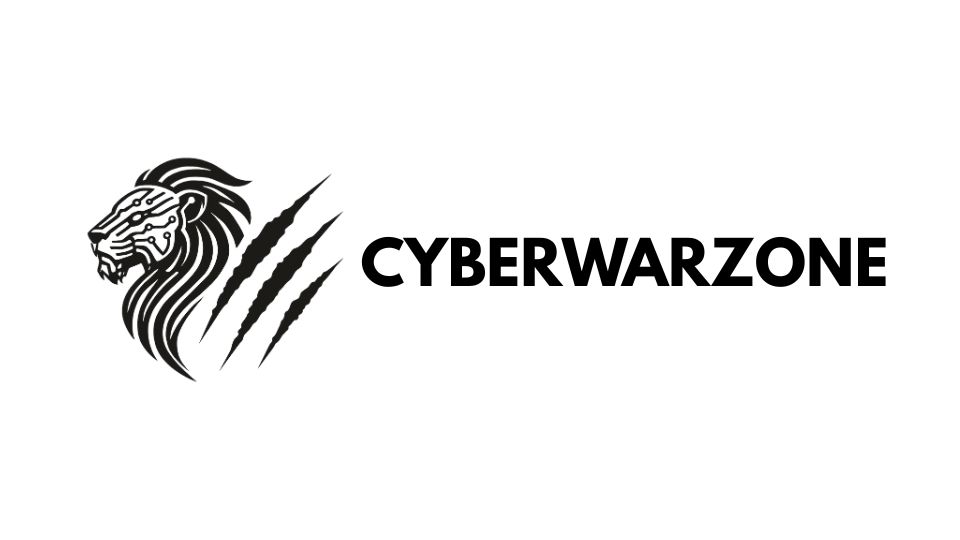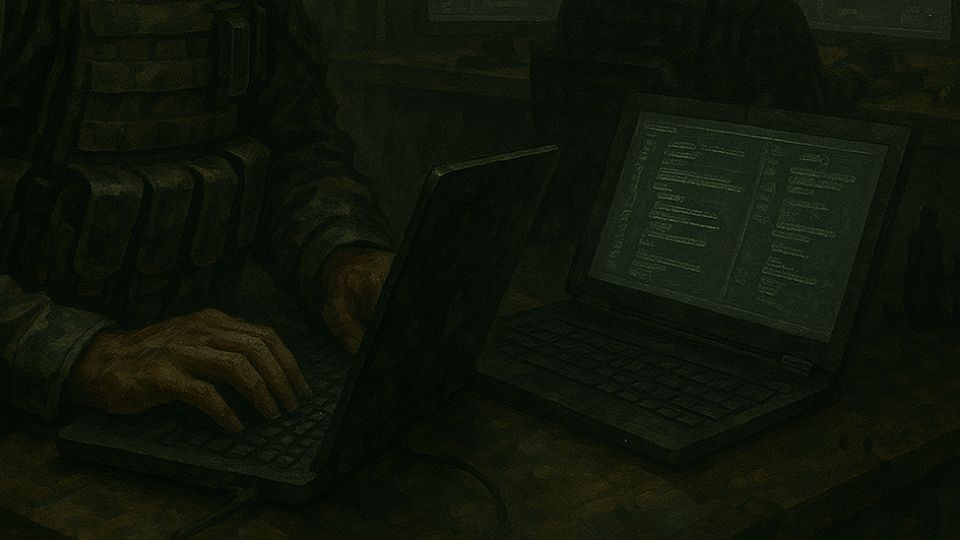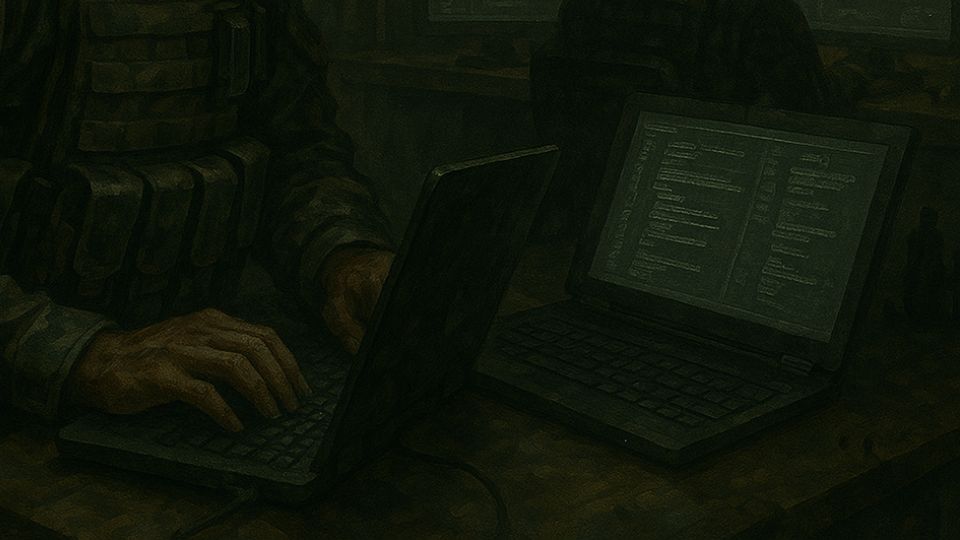Rhysida: ransomware-as-a-service with multi-sector impact and steady 2025 cadence
Active since 2023; double-extortion model, Windows/Linux payloads, and a leak-site pressure cycle targeting government, education, healthcare, and services
Rhysida is a ransomware-as-a-service operation active since 2023 that blends cross-platform encryption with data theft and a branded leak site. Activity spans government, education, healthcare, and professional services, with affiliates emphasizing speed, living-off-the-land movement, and staged publication to intensify negotiations.
Profile
Rhysida operates a franchise model in which a core team maintains payloads, a negotiation portal, and a leak site, while affiliates conduct intrusion, exfiltration, and pressure messaging. Early public visibility followed incidents in government and education during 2023. Through 2024–2025, listings on leak trackers show a steady cadence across Europe and North America, indicating sustained affiliate throughput rather than isolated spikes.
What’s observable in 2024–2025
Public roll-ups attribute continuing incidents to Rhysida across municipal and regional government, universities, clinical services, and professional services firms. Victim cards on the leak portal typically progress from an initial listing and countdown to staged archive releases if talks fail. The operational tempo and sector spread place Rhysida alongside other 2025 extortion crews profiled here, including cross-platform operators like Qilin and leak-focused entrants such as Securotrop.
Quantitative snapshot
| Metric | Figure | Context |
|---|---|---|
| First widely reported clusters | 2023 | Government and education intrusions |
| Platforms targeted | 2 | Windows and Linux estates |
| Dwell-to-exfil cadence | Days–weeks | Short staging before “proof” posting |
| Sector posture | Broad | Government, education, healthcare, services |
Tactics, techniques, and procedures
Affiliates often begin with valid credentials or exposed remote access and enumerate identity, file servers, and virtualization. Lateral movement relies on native admin tooling and common frameworks. Before encryption, operators terminate databases and backup/EDR agents, stage archives for exfiltration, and prepare negotiation notes referencing the leak site. Payloads favor coverage and speed: service-stop lists degrade recovery options, and encryption focuses on file shares and virtual machine storage to maximize downtime pressure.
Technical characteristics (selected)
| Area | Detail |
|---|---|
| Operating systems | Windows and Linux payload families in on-prem environments |
| Tradecraft | Living-off-the-land commands, commodity frameworks, rapid domain-wide reach |
| Extortion model | Double extortion via leak-site deadlines and staged “proof” sets |
| Infrastructure | Tor-hosted negotiation and publication portals |
| Targeting pattern | Government, education, healthcare, and professional services feature prominently |
Impact themes
Operational impact across Rhysida cases includes service interruption, appointment backlogs, and follow-on data exposure. In healthcare, second-order effects include manual workflows and re-booking, while regulated data appearing on leak portals increases compliance and notification burdens. In public sector and education, downstream effects include delayed services and extended restoration while identity and data stores are rebuilt.
2025 momentum in public sector and services
Quarterly summaries in 2025 continue to list Rhysida among active ransomware brands, with incident counts fluctuating month to month as affiliates rotate tools and target sets. The mix of sectors suggests broad acquisition of initial access—often through credential compromise or partner ecosystems—rather than a narrow vertical focus. Persistence amid market churn (rebrands, retirements, and short-lived crews) indicates affiliates view Rhysida’s infrastructure and negotiation playbooks as stable.
Communications and pressure
Public messaging follows a predictable script: add the victim card, post sample records or file trees, set a deadline, and escalate to full release. Copy emphasizes dataset size and sensitivity to raise legal and reputational stakes. In some campaigns, affiliates amplify announcements via open social channels, mirroring visibility tactics seen in politically motivated disruption documented in the Red Wolf profile while retaining a financially driven motive set.
Timeline highlights
| Date | Signal |
|---|---|
| 2023 | Ransomware clusters tied to the Rhysida brand emerge across government and education |
| 2024 | Continued incidents across Europe and North America with recurring leak-site publications |
| 2025 | Ongoing activity in public sector and services; steady presence in monthly and quarterly round-ups |
Sources
- https://www.cisa.gov/news-events/cybersecurity-advisories/aa23-319a
- https://www.cert.ssi.gouv.fr/cti/CERTFR-2023-CTI-012/
- https://www.trendmicro.com/en_us/research/23/l/rhysida-ransomware-technical-analysis.html
- https://www.secureworks.com/blog/rhysida-ransomware-operation-overview
- https://digital.nhs.uk/cyber-alerts-and-advice
- https://www.ransomware.live/group/rhysida









